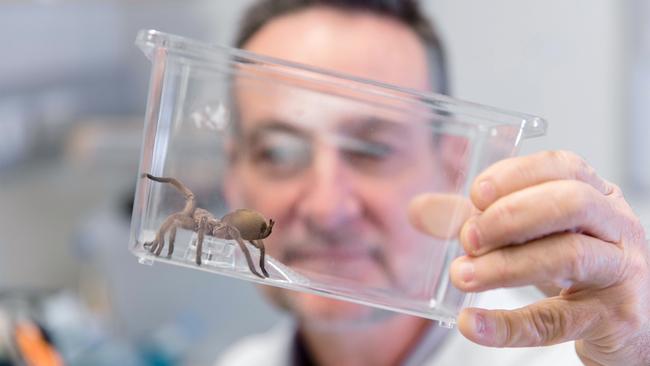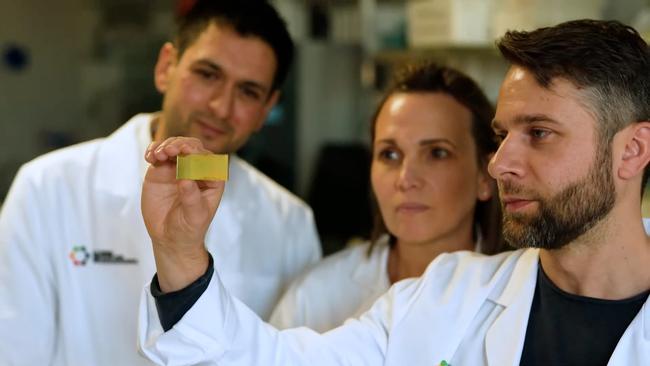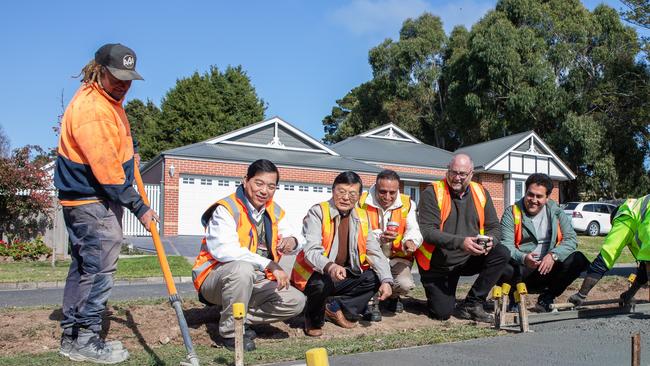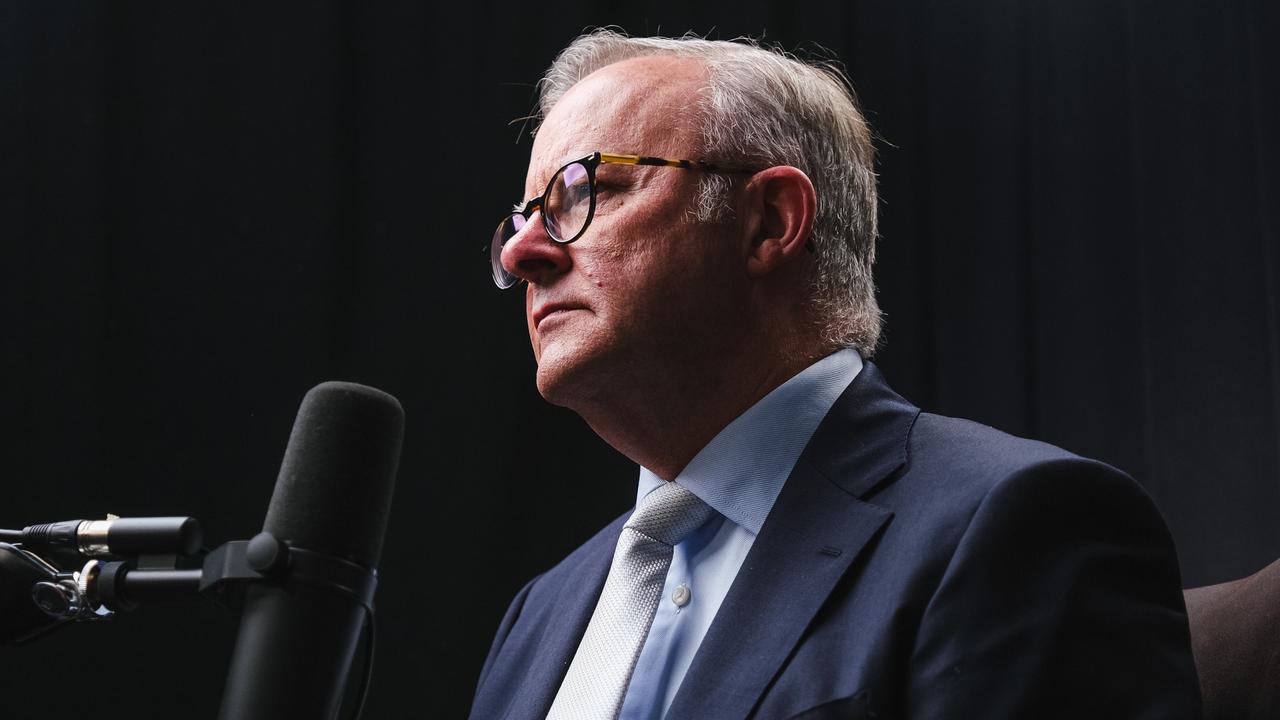These are the universities’ best problem solvers: Shaping Australia Awards
The are the big research ideas that have or will transform Australian lives.

From the development of a drug that uses spider venom to treat heart attacks, to the world’s cheapest hydrogen, the Shaping Australia Awards has announced its five finalists in its problem solver category.
The second Shaping Australia Awards, conceived by Universities Australia and supported by The Australian, recognise universities’ achievements in solving the nation’s biggest challenges in three areas of university endeavour: research, teaching or engagement with the community.
The Problem Solver Award recognises groundbreaking research that has transformed or could transform Australian lives.
One of the five finalists is the Infensa team from The University of Queensland who have discovered a molecule in funnel-web spider venom that prevents cell death during heart attacks or strokes and protects donor hearts during transplantation.
Researchers have called it a “truly Australian story”.
“The venom of Australian funnel-web spiders is deadly, but our team discovered a molecule in this venom that has the potential to save millions of lives,” Professor Glen King said.
“Funnel-web venom is made up of thousands of molecules, only one of which harms humans.
“In venom of the K’gari funnel-web spider, we discovered a molecule HI1A … that prevents cell death during stroke and also during heart attack.”

Professor Brian Abbey, Dr Eugeniu Balaur and Professor Belinda Parker from La Trobe University are finalists for their development of NanoMslide, a revolutionary medical imaging tool that can instantly detect cancer. It works by manipulating the interaction of light with tissues at the nanoscale to enable faster, cheaper and more accurate detection of breast cancer.
Professor Abbey said: “We like to explain it as switching from black and white to colour television. NanoMslide is a real game changer for early stage breast cancer detection.”
Sydney University professor Robert Park’s extensive research on cereal rust pathology and genetics has significantly boosted the economic viability of agricultural production. Cereal rust diseases pose a serious threat to wheat, barley and oat production worldwide.

Dr Rajeev Roychand, Shannon Kilmartin-Lynch, Jie Li, Mohammad Saberian at RMIT University have tackled waste management through an innovative, low-energy thermochemical process that transforms spent coffee grounds into biochar. That is then used as an additive to enhance concrete strength by 30 per cent.
The University of Wollongong’s Professor Gerhard Swiegers and his team have developed a groundbreaking capillary-fed electrolyser with 95 per cent system efficiency, reducing energy consumption by optimising water distribution and minimising loss.
You can still vote for your favourite entries until January 19, 2025 at: https://www.shapingaustraliaawards.com.au/the-finalists
The winners will be announced on February 25, 2025.



